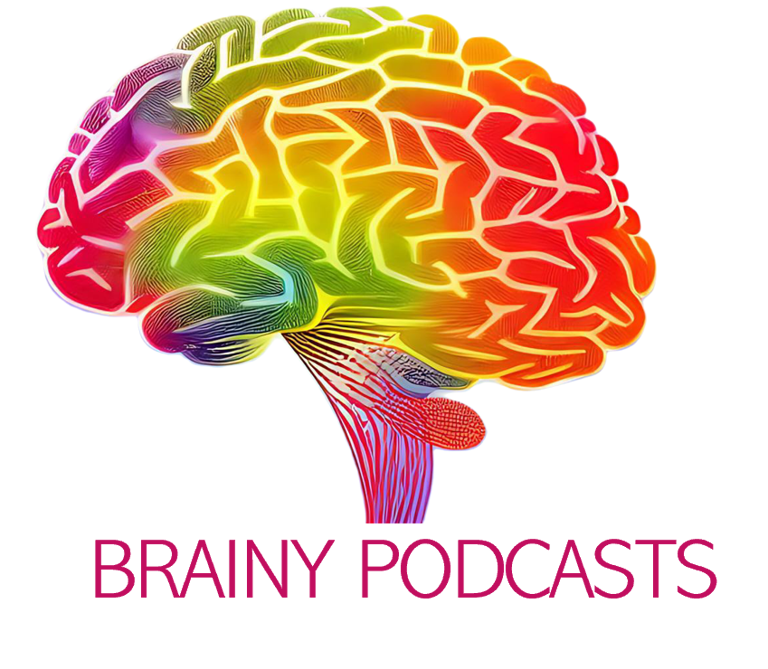Neurodiversity; all in the Brain
The Impact of Urgent.


Everyone we speak to is up to their neck in lists of URGENT
We don’t want to add to this mindset because your brain will deepen those pathways and mindsets like a rabbit down a rabbit hole!
So, sit back, remember how good rests are for your cognition and enjoy the read plus the 3 great questions we've included to consider when you think about change.
Impact of Urgent
Here’s the important point - the more we embed an urgent mindset, the more it becomes a habit and default way of thinking and therefore behaving.
It’s addictive. Dopamine works both ways acting as a reward for getting a buzz out of always feeling switched on and when we don’t, weird heh!
“So What?”
More often than not change comes from the top. As the leader, you set the tone.
Meaning that “Every time you say or do something, it’s got a massive consequential domino effect. The whole company pivots and people look to those senior for how to act.”
“How to change it?”
The impact of this is those around you unconsciously model your urgency behaviours and mood.
This, in turn, sends people into a spin as they shift their strategy and plans to fit with the new ‘todays’ expectation.
This in turn creates a new list of urgent alerting the brains' threat detection system that’s made up of dedicated networks and processes involving emotional and physiological responses from within the nervous system, mediated by neurochemicals.
Plus, the brain's daily 20% body energy quota is monopolised as people ‘too and froo’ second-guessing what needs to be done.
Panic can easily take over.
The tank becomes empty, with nothing left to use for critical thinking, adaptability, judgement, and relational respect.
I’m not taking a pop at anyone because right now the world is spinning very fast whether you’re a leader or a follower.
What’s important is that for one person this might be a threat, for another it’s an opportunity all based on the neurons in the basolateral amygdala. It’s down to individual choice and the human lens.
It is understandable. With new tech, changing competitive markets, increase in costs, talent engagement and retention, the pressure is on.
But the side effects of these shifts can include:
Bullying as a survival mentality takes over, leading to brain damage, and physical damage like heart attacks and strokes.
In or out groups start forming. If people feel their backs are against the wall they will lash out and blame others.
HR’s and management workload substantially increases.
People walk leading to low morale and more work for others. Internal and external reputation is damaged.
Leaders already under pressure feel the full force.
As they say, “beware of throwing the baby out with the bath water”.
And here’s the “How to”
If you are going to shift strategies and manoeuvre a changed course, ask different questions, which can lead to different answers before you start:
Instead of asking ‘What should I be doing to fix this’? ask ‘Do I know what I am fixing?’
Instead of asking ‘What is the problem? Ask ‘What would our customers or teams say the problem is?
Instead of asking ‘How will I get the organisation on board with my vision? ask ‘How will I engage the organisation in creating our shared vision?’
This shift of perspective will ensure that everyone is heard and considered. Change no longer becomes a threat but an opportunity to learn, challenge and grow.
People stay healthy and productive.
Preventative healthcare replaces brain-damaging bullying.
Creating a psychosocial culture promotes analytical, creative, and critical thinking.
A learning culture that owns up to errors and learns from them, springs up.
With the brain no longer focused on fight or flight mode and chugging through precious daily energy, it can focus on achieving the task at hand.
Changes brought about through tech promote a skilling-up mindset happy to learn and adapt and enhance the experience by reshaping neuronal pathways.